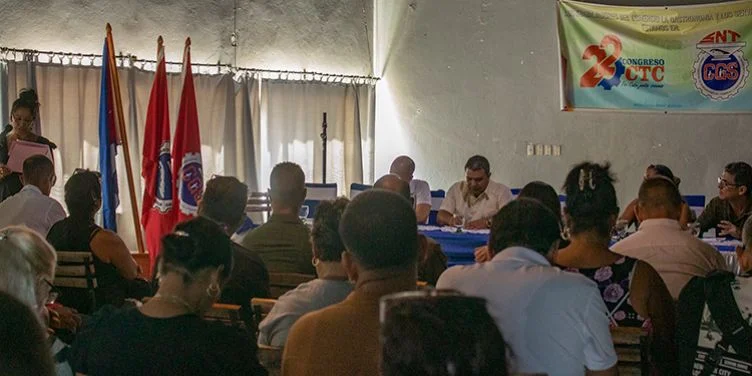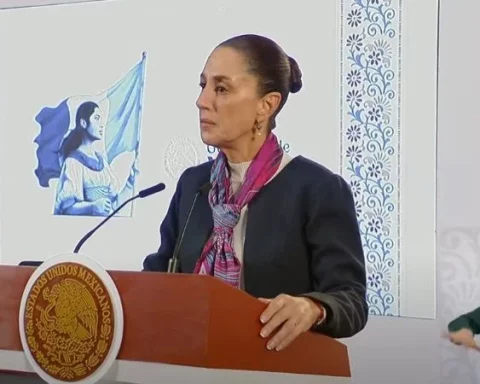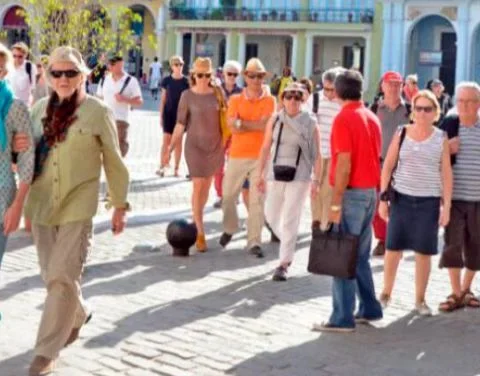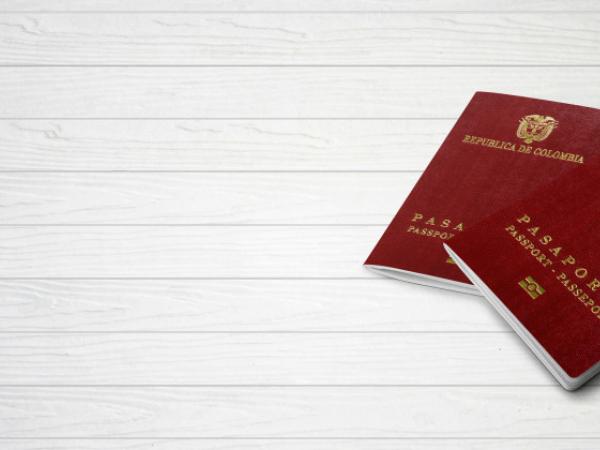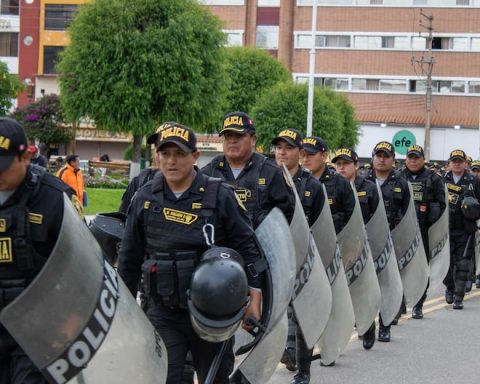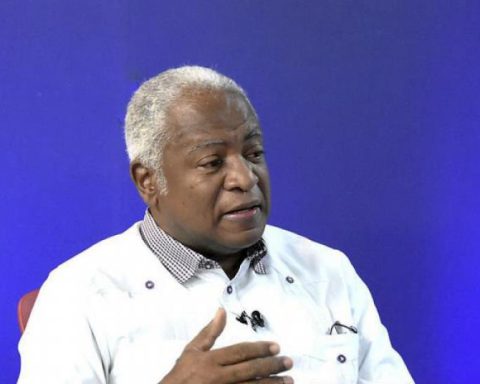MIAMI, United States. – The Central Workers of Cuba (CTC) announced last Saturday the creation of the first union bureau dedicated to the new economic actors in the country. The measure, according to regime authorities, seeks to organize and represent workers in emerging sectors such as commerce, gastronomy and services, in order to maintain the relevance of the CTC in a crisis scenario.
The bureau was established in Havana and presented by the official newspaper Workers as “a step of singular importance in the current work of the Cuban labor movement.” However, critics consider that this initiative is an effort to adapt the union organization to the new non-state dynamics, where the private sector has gained strength.
Isdalis Rodríguez, second secretary of the CTC at the national level, stressed the importance of organizing “union sections in the different marketing areas and in the companies themselves. micro, small and medium enterprises (MSMEs)“. According to Rodríguez, the main mission of this new bureau will be “to represent and organize all its workers, which is the main function of the union in Cuba.”
The Minister of Internal Trade, Betsy Díaz Velásquez, offered figures that reflect the magnitude of the non-state sector: more than 340,000 Cubans work in this field, with around 250,000 dedicated to self-employment and more than 6,000 MSMEs involved in commercial activities. This number of workers exceeds that of state employees, who number around 190,000 in this sector.
Although the creation of the union bureau was announced as a response to the demands of self-employed workers and MSMEs, the measure has also been seen as part of a government strategy to maintain control over the growing private sector. Leovanis Ávila Góngora, member of the National Secretariat of the CTC, explained that the new structure “must defend sector policies before the business, ministerial, and government departments.”
This is not the first time that the regime has tried to integrate the private sector into its political structures. Recently, Cuban ruler Miguel Díaz-Canel asked the communists in Sancti Spíritus to accelerate the recruitment of workers from private MSMEs to integrate them into the Communist Party of Cuba. “We have to be able to create base structures in them as well, both of the Party and the UJC,” said Díaz-Canel.
However, the same president had already pointed out that MSMEs had contributed to “chaos in the Cuban economy,” generating inflation and increasing inequality.
For his part, Ulises Guilarte de Nacimiento, general secretary of the CTC, recognized in March the union’s inability to solve all the workers’ problems. However, he expressed that if workers see their representatives addressing their concerns, they will trust the union again. “If people see us debating the issues that constitute their concerns… people will believe in the work and usefulness of their union,” said Guilarte.
